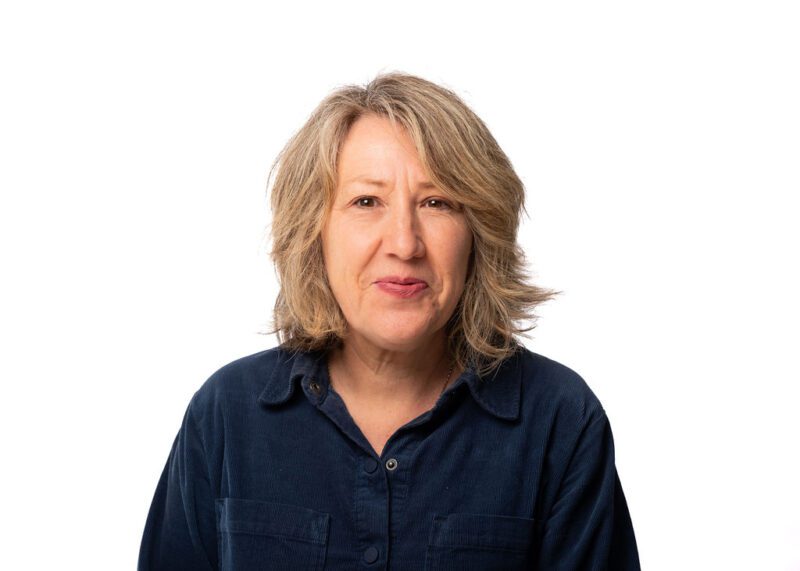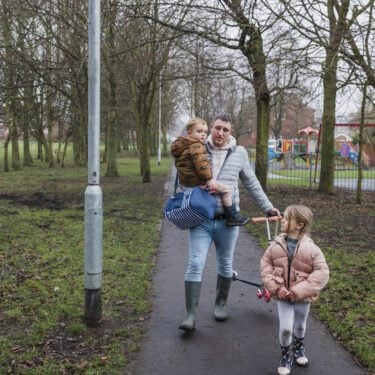-
Professor Ross WilkieKeele University
-
Dr Kate FryerUniversity of Sheffield
-
Dr Emma ParryKeele University
-
Dr Dahai YuKeele University
-
Professor Caroline MitchellKeele University
-
Jane SouthamKeele University
Project overview
This project will explore factors contributing to higher pain levels experienced by people with MSK conditions in underserved communities and develop strategies to reduce them.
Why this project is important
The frequency and impact of MSK conditions are associated with socioeconomic deprivation, ethnicity, and wider health determinants. However, current research highlights a significant gap in understanding how inequalities occur and what could reduce them in underserved populations. Data from the research team’s previous Nuffield funded project indicates that chronic pain prevalence is five times higher in areas with greater socio-economic deprivation.
This project aims to build on this by working with underserved communities in Stoke-on-Trent, Wolverhampton, and Sheffield to understand and reduce MSK health disparities.
What it will involve
The research will be completed in four linked work packages:
- Collecting individual level data on MSK health, care, and broad social determinants via a survey. Questions will cover a wide set of issues, including culture, sense of purpose, and views of healthcare.
- Conducting qualitative interviews to explore perspectives on MSK health. The interview guide will be informed by a rapid review of the qualitative understanding of the social determinants of chronic and high impact pain to identify knowledge gaps. Findings will feed into the development of a conceptual framework.
- Linking responses from survey respondents with chronic and high impact chronic pain to primary care records on consultations, prescriptions, and associated aspects to make comparisons to populations in less deprived areas.
- Working with local and national government and other stakeholders to identify and prioritise key interventions and targets to reduce MSK health inequalities.
How it will make a difference
Outputs will include policy recommendations, community engagement strategies, and interventions to reduce musculoskeletal health inequalities. Policymakers will feed into the research via annual meetings. Additionally, the research team aim to influence Primary Care Networks, Joint Strategic Needs Assessments, and Sustainability & Transformation Plans.













































